Coming on the heels of "Goodbye Blue Sky" on the album, "Empty Spaces" acts as a transition between the young-adult Pink setting out into the world on his own (at least in terms of the album's placement of "Goodbye Blue Sky") and his entry into full-blown adulthood in "Young Lust."
In terms of the album's placement of "Empty Spaces," it's difficult to pinpoint just who is being spoken to. Had this version of the song made it in the movie directly after "Mother," one would automatically assume that Pink is talking to his adulterous wife, asking how he should fill the void that their marriage has now become. Yet by this reading, Pink's inquiry concerning the empty spaces "where we used to talk" is more ironical than truly sincere for Pink is depicted as being highly uncommunicative in the preceding scenes of the movie. If anything, this shows how blind to the truth Pink really is. Believing that their marriage was healthy before this latest incident, Pink places all the blame of his wife's infidelity on his wife, blind to the fact that his callous behavior was the major cause behind her finding a new lover, someone who would actually listen to her and love her. In this light, the last two questions concerning the remaining gaps in the wall are almost rhetorical, readily answering themselves: Pink will fill the "final places" and "complete the wall" with his wife's infidelity.
However, the song's position on the album might lead one to believe that he is addressing his mother. Having ventured out from his mother's protective wing, Pink is finally experiencing the real world and discovers it to be more desolate and unfriendly than he was expecting. By this reading, he is asking his mother how he should fill the void of her protection, of her companionship. Oddly enough, he finds a temporary filler in the sexual frenzy of "Young Lust," adding yet another Freudian spin to Pink's relationship with his mother and the influence she's had on his sexuality. If he really is addressing his mother (at least in his mind) then the last two questions act almost as a continuation of his earlier inquiry when he asks his mother if he "should build a wall," as if he's saying, "Okay, my wall is built. I'm almost completely shut off from the rest of the world. Now, how shall I finish it?" With as much damage as Mother has done to Pink's persona, he should have no problem at all filling in the remaining gaps.
Pink's persona, he should have no problem at all filling in the remaining gaps.
Remembering that Pink acts as an Everyman of sorts, one whose life journey reflects the walls and lives of nearly all of humanity, yields a third interpretation of the lyrics. The "we" becomes more of a generalized first person pronoun rather than referencing anyone or anything specifically. In other words, Pink is speaking for the human race when he says "we," for everyone has a metaphorical wall similar to his (although most people's walls aren't as high).
As if reflecting this transitional theme, the song's music is a bit chaotic in my opinion. "Empty Spaces" picks up on the main musical riff from "In the Flesh?" but makes it far more unstable, most notably with the high vibrato of the synthesizers and the jumbled music and mumbling in the intro. However, there's more to the strange, backward sounding mumbling than sheer atmosphere. Click here to play the musical intro in reverse. Yup, a secret message in which Roger Waters says the following: "Congratulations. You have just discovered the secret message. Send your answer to Old Pink in care of the Funny Farm, Chalfont..." At this point, a second person says: "Roger, Carolyne is on the phone." Leave it to Waters to throw the listener on another loop (or maybe cycle). I know, I know. It's almost too much to try and interpret what is obviously Waters' attempt at humor. But I think there's a bit more to the backwards message than just a good laugh. Firstly and as previously mentioned, "Empty Spaces" (on the album) is chronologically set before Pink's adulthood in "Young Lust" and after his adolescence in "Mother," making him roughly 18 - 20, give or take a few years on both sides. While we could quibble as to his exact age, what's most important is that the song does NOT take place in the true present time (during the concert, after Pink has finished his wall). Yet judging by clues such as "Old Pink in care of the Funny Farm", the hidden message is most likely from the present time for it's only after Pink finishes his wall that he truly becomes "crazy, over the rainbow."  Therefore, what is presented here is a sort of foreshadowing from the present, if such a thing is possible. In the middle of telling his story, Pink indirectly inserts his present state. Interestingly, it's this transition that is one of the most critical in Pink's development. As an adult, he could easily cope with the injustices he has been dealt by life and thereby alleviate his repressed emotions. As we see, though, (or have already seen in the movie), Pink refuses to take responsibility for what has happened to him and so he signs his own metaphorical death sentence when he continues to build his wall at an increasing pace. Thus, the transition is emphasized by the hidden foreshadowing alluding to Pink's current mental state caused by his irresponsibility at the "Empty Spaces" point in his life. In other words, it's as if Pink is saying, "I am here now (in the "Funny Farm"...the metaphorical insane asylum in my head) because of what happened then (in "Empty Spaces."
Therefore, what is presented here is a sort of foreshadowing from the present, if such a thing is possible. In the middle of telling his story, Pink indirectly inserts his present state. Interestingly, it's this transition that is one of the most critical in Pink's development. As an adult, he could easily cope with the injustices he has been dealt by life and thereby alleviate his repressed emotions. As we see, though, (or have already seen in the movie), Pink refuses to take responsibility for what has happened to him and so he signs his own metaphorical death sentence when he continues to build his wall at an increasing pace. Thus, the transition is emphasized by the hidden foreshadowing alluding to Pink's current mental state caused by his irresponsibility at the "Empty Spaces" point in his life. In other words, it's as if Pink is saying, "I am here now (in the "Funny Farm"...the metaphorical insane asylum in my head) because of what happened then (in "Empty Spaces."
Secondly, the song delves into self-reflexivity when the second voice comes in telling Roger that "Carolyne [Roger Waters' wife] is on the phone." The mentioning of Waters' real wife reminds the audience that this story is NOT real, that it is merely art. Such self-reflexivity is a major characteristic of modernist and postmodernist literature in which the authors intentionally draw the reader out of the story to remind them (among other motives) that what they are reading is art and should be read on more levels than just the narrative plane. One of the most classic examples of this can be found in James Joyce's Ulysses in which the character Molly Bloom seemingly addresses the author directly when she exclaims something to the effect of, "Oh Jamesy. Won't you take me out of this poo." Since there is no "James" or "Jamsey" in the story, most readers are inclined to believe that Molly is addressing Joyce himself, comically asking why he has written her into such a situation. As you can imagine, the effect is jolting. At first the reader is inclined to ask how a character would know that she is just a character in novel? Well, mainly because she IS just a character and so she says exactly what she is written to say. This forces the reader to step back from the narrative and realize that there is more than story going on here; there is the sheer artistry of the author as well as the multiple levels he or she has instilled in the piece of art. The hidden message in "Empty Spaces" has the very same effect, forcing the listener away from the narrative for a moment and reminding him or her that this is just a piece of art, not a slice of life. However, the fact that the second voice calls him Roger while Roger is speaking in the guise of "Pink" reminds the audience that, in a way, this IS real. Roger IS Pink because he has infused his own persona and much of his life into his character. So while the self-reflexive message draws the listener out of the story, the blurring of reality and fiction validates the actuality of the story. The backward message simultaneously shows that while Pink's specific story is fictional, his metaphorical journey and the wall he creates are universally real.
way, this IS real. Roger IS Pink because he has infused his own persona and much of his life into his character. So while the self-reflexive message draws the listener out of the story, the blurring of reality and fiction validates the actuality of the story. The backward message simultaneously shows that while Pink's specific story is fictional, his metaphorical journey and the wall he creates are universally real.
One last tidbit of information: Water has been quoted as saying that if it had not been for his wife Carolyne and her insistence on communication, he would have ended up as insane as Pink. As we see in the movie, Pink drives his wife away as a result of a lack of communication. But according to Waters, no matter how stubborn he got or how hard he tried to push his wife away, Carolyn would force him to open up to her and talk. So perhaps the backward message is above all a personal "thank you" from Roger to Carolyne. After all, Waters / Old Pink is interrupted from continuing with his "secret message" by Carolyne who is on the phone and wanting to talk (communicate) with Roger.
http://www.thewallanalysis.com/emptyspaces.html

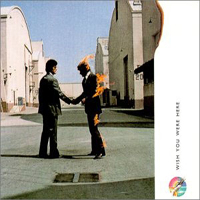
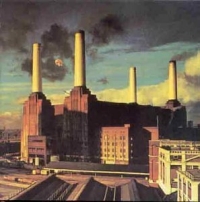
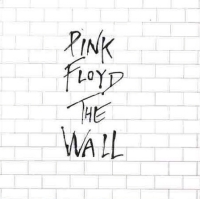
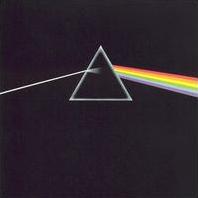
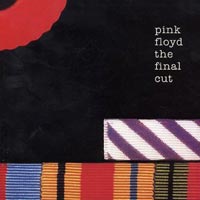
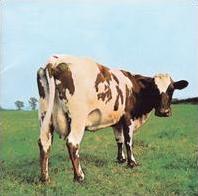
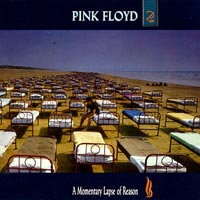
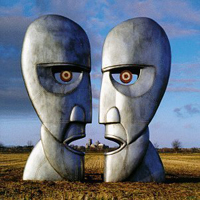
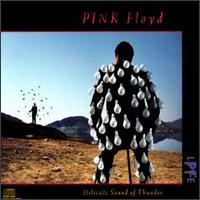
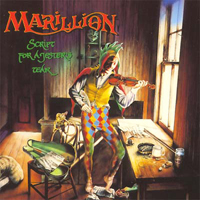
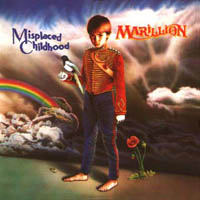
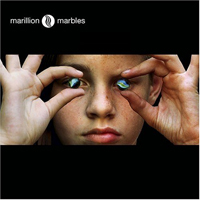
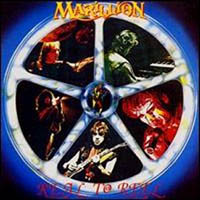
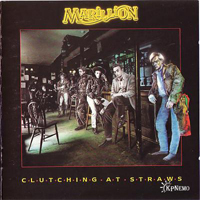

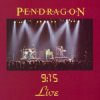


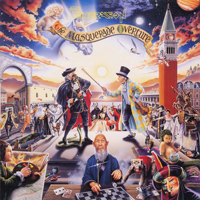
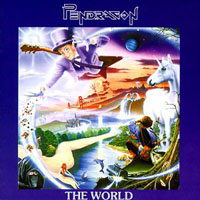
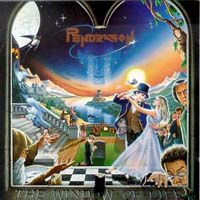
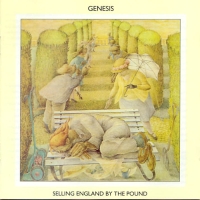
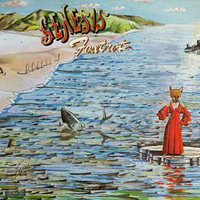
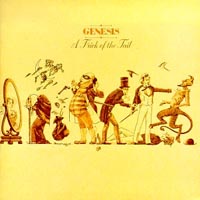
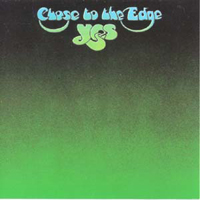
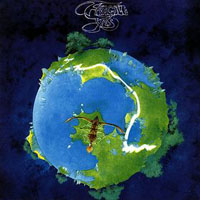
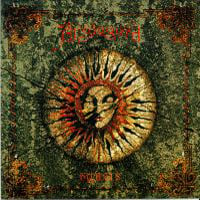
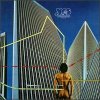
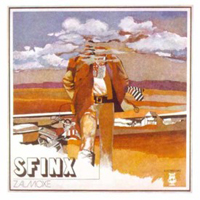
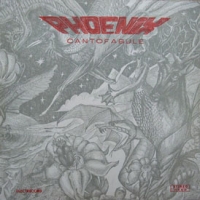
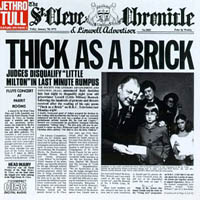
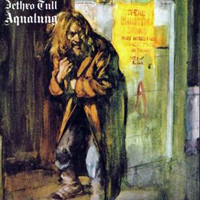
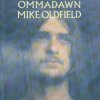
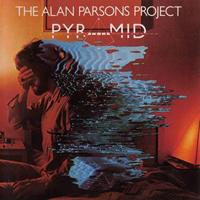
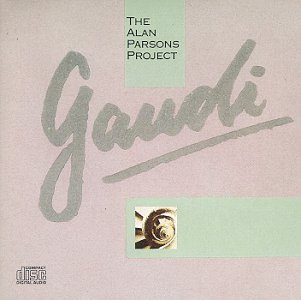
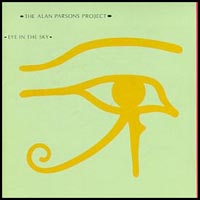


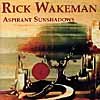
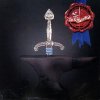
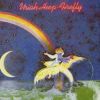
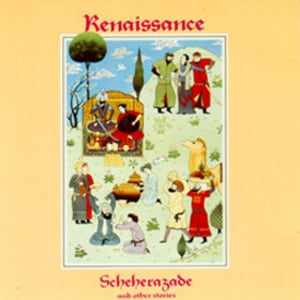

















Niciun comentariu:
Trimiteți un comentariu